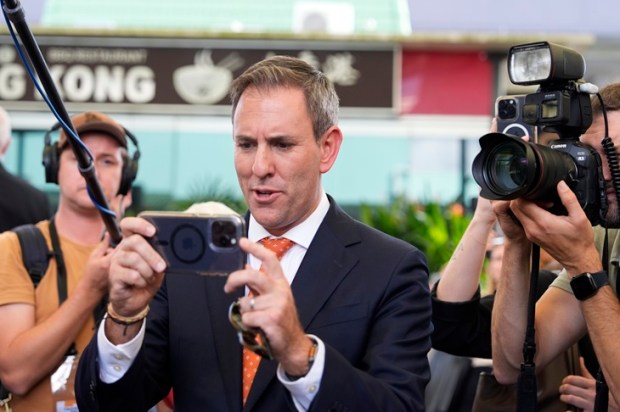After an individual at PricewaterhouseCoopers (PwC) Australia allegedly breached confidentiality agreements and disclosed upcoming government tax policy to colleagues and clients, the incident was always going to be a major problem.
But the company’s handling of the issue and reliance on a litany of corporate clichés guaranteed it would become an unfolding, existential reputational crisis.
When companies get caught out doing the wrong thing there is a well-thumbed catalogue of popular explanations to draw on – it was just a few bad apples; this is not a systemic problem; we couldn’t have seen this coming; we will investigate and tighten up our processes; this is not who we are; we promise to do better in future; those responsible are no longer with us…
Yet no one is convinced, and such excuses are easily dismissed as corporate spin.
After the Tax Practitioners Board suspended Peter Collins for two years for integrity breaches, with the ruling stating:
Internal communications within PwC indicated that Mr Collins was aware that the confidential knowledge he gained from the consultations with Treasury would be leveraged to market PwC to a new client base.
PwC had the opportunity to take a firm stand and confront the issue. Instead, CEO Tom Seymour reached into the playbook of PR cliches and unwisely declared that it was a case of ‘one bad apple’.
Unfortunately, that strategy quickly unravelled as it became clear the secret government planning on multinational tax avoidance had been shared with people inside and beyond the organisation, none of whom raised a red flag, and some used the information to advise clients on counter-measures. So much for the ‘one bad apple’.
It is a fundamental principle of effective communication in a crisis to get the facts right as quickly as possible and be consistent. But as columnist Joe Aston wrote in the Australian Financial Review (7 May) the CEO seemed to keep talking in the hope he would land on a point that sounded convincing.
Aston wrote that when the ‘one bad apple’ falsehood was publicly contradicted by the Tax Practitioners Board: ‘Seymour minimised this as merely “a perception problem” and insisted “there [were] no findings that 30 [PwC] people got the [leaked] information”.’
Aston added that after emails were released proving 53 PwC people were party to correspondence about the leak, the story changed. ‘Now, he says that “six to eight” PwC partners were “directly involved” in the leak but have all left the firm, and that another “30 to 40” received the emails but weren’t aware they dealt in leaked information.’
Facing a growing scandal, PwC announced that Mr Seymour would step down as CEO ‘effective immediately’, but would remain as a partner. He was one of dozens of partners who allegedly received emails about the confidential information from Collins, although there is no inference he used that information inappropriately.
But here again, they couldn’t resist a corporate cliché in an apparent attempt to soften the blow and make it somehow sound like a noble gesture.
‘We agreed with Tom that this is in the best interests of the firm and our stakeholders.’
A week later it was announced that Mr Seymour would resign as a partner in September.
With corporate troubleshooters flying on from PwC Global to help stem the crisis, acting CEO Kristin Stubbins said the firm had ‘directed nine partners to go on leave, effective immediately, pending the outcome of our ongoing investigation’.
But in an extraordinary misreading of the crisis and growing political anger, the company declined to name the ‘naughty nine’.
It was a strategy that was doomed from the start, and Senate Estimates predictably demanded the names of all those involved.
After a week of intense pressure the company handed over the list of staff it said were implicated in the scandal, along with 63 staff and partners who received emails.
‘We’ve heard the calls from our stakeholders to release the names of those who were responsible for confidentiality breaches,’ Ms Stubbins said. ‘And we’ve been working as quickly as possible to determine that and to disclose these names to the Senate per their request, and we have now done so.’ She also requested the Senate not ‘name and shame’ all of the staff identified.
As the scandal continues to unravel it was reported PwC has hired an expanded team of crisis managers and political advisers, including former Labor Senator and powerbroker Stephen Conroy.
But only time will tell whether the company can move beyond PR clichés. As Labor Senator Deborah O’Neill warned in a statement of the blindingly obvious: ‘No amount of spin will get PwC Australia and PwC Global out of this situation of their own making.’
Dr Tony Jaques is Managing Director of the Melbourne-based consultancy Issue Outcomes P/L. He writes the two-weekly newsletter Managing Outcomes, and his latest book is Crisis Counsel: Navigating Legal and Communication conflict (Rothstein, New York, 2020)

























